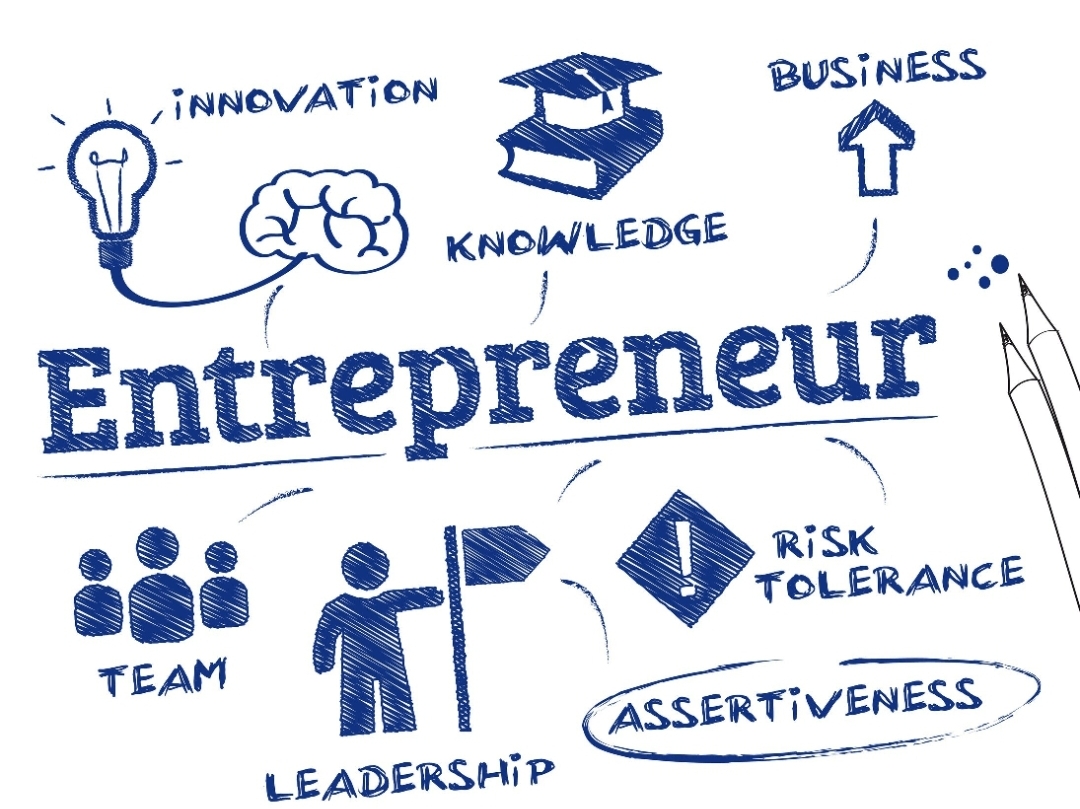
Africa is home to a thriving entrepreneurial spirit, with millions of innovative minds working tirelessly to solve the continent’s most pressing challenges. However, many African entrepreneurs face significant obstacles on their journey to success, including limited access to funding, networks, and guidance. This is where mentorship programs come in – providing vital support, guidance, and connections to help entrepreneurs navigate the complex business landscape.
The Importance of Mentorship for African Entrepreneurs
Mentorship programs offer numerous benefits for African entrepreneurs, including:
- Guidance and Support: Experienced mentors provide valuable insights, advice, and encouragement, helping entrepreneurs overcome obstacles and make informed decisions.
- Networking Opportunities: Mentorship programs connect entrepreneurs with influential networks, potential investors, and like-minded peers, opening doors to new opportunities and collaborations.
- Skill Development: Mentors share their expertise, helping entrepreneurs develop essential skills, such as business planning, financial management, and marketing.
- Access to Funding: Many mentorship programs offer access to funding opportunities, either directly or through connections with investors.
Successful Mentorship Programs for African Entrepreneurs
Several organizations have launched successful mentorship programs to support African entrepreneurs. Some notable examples include:
- Tony Elumelu Foundation Entrepreneurship Programme: This pan-African program provides funding, mentorship, and training to entrepreneurs across the continent.
- African Leadership Academy (ALA): ALA offers a comprehensive leadership development program, including mentorship, to young African entrepreneurs.
- Google’s Launchpad Accelerator: This program provides mentorship, training, and funding to African startups, helping them scale and grow their businesses.
- The Hubtel Business Incubator: Based in Ghana, this incubator offers mentorship, training, and funding to early-stage startups.
- MEST (Mellon Entrepreneurship Services Training): MEST provides mentorship, training, and funding to entrepreneurs in Ghana and other African countries.
Best Practices for Mentorship Programs
To ensure the success of mentorship programs, consider the following best practices:
- Clear Objectives: Establish clear goals and objectives for the mentorship program, aligning with the needs of African entrepreneurs.
- Experienced Mentors: Pair entrepreneurs with experienced mentors who have relevant industry expertise and a passion for mentoring.
- Structured Program: Develop a structured program with regular check-ins, milestones, and evaluation criteria.
- Networking Opportunities: Provide opportunities for entrepreneurs to connect with peers, investors, and industry experts.
- Ongoing Support: Offer ongoing support and resources to entrepreneurs, even after the formal mentorship program concludes.
Challenges and Opportunities
While mentorship programs have the potential to transform African entrepreneurship, several challenges need to be addressed:
- Access to Funding: Many mentorship programs rely on funding, which can be scarce in African markets.
- Mentor Availability: Finding experienced mentors with the time and expertise to dedicate to mentorship programs can be challenging.
- Digital Divide: Some entrepreneurs may lack access to digital tools, hindering their ability to participate in online mentorship programs.
Despite these challenges, the opportunities for mentorship programs in Africa are vast. By leveraging technology, partnering with local organizations, and engaging with the entrepreneurial ecosystem, mentorship programs can:
- Foster Innovation: Encourage innovation and creativity among African entrepreneurs.
- Create Jobs: Support job creation and economic growth across the continent.
- Empower Women: Provide opportunities for women entrepreneurs to access mentorship and support.
- Build Networks: Establish networks of entrepreneurs, mentors, and investors, driving collaboration and growth.
Conclusion
Mentorship programs have the power to transform African entrepreneurship, providing vital support, guidance, and connections to entrepreneurs. By understanding the importance of mentorship, learning from successful programs, and addressing challenges, we can create a brighter future for African entrepreneurs. As the continent continues to evolve, mentorship programs will play a critical role in shaping the next generation of African business leaders
